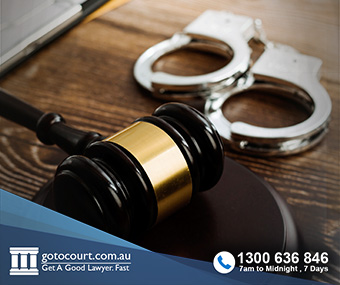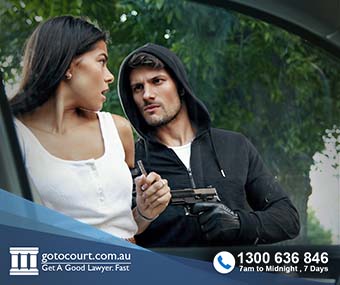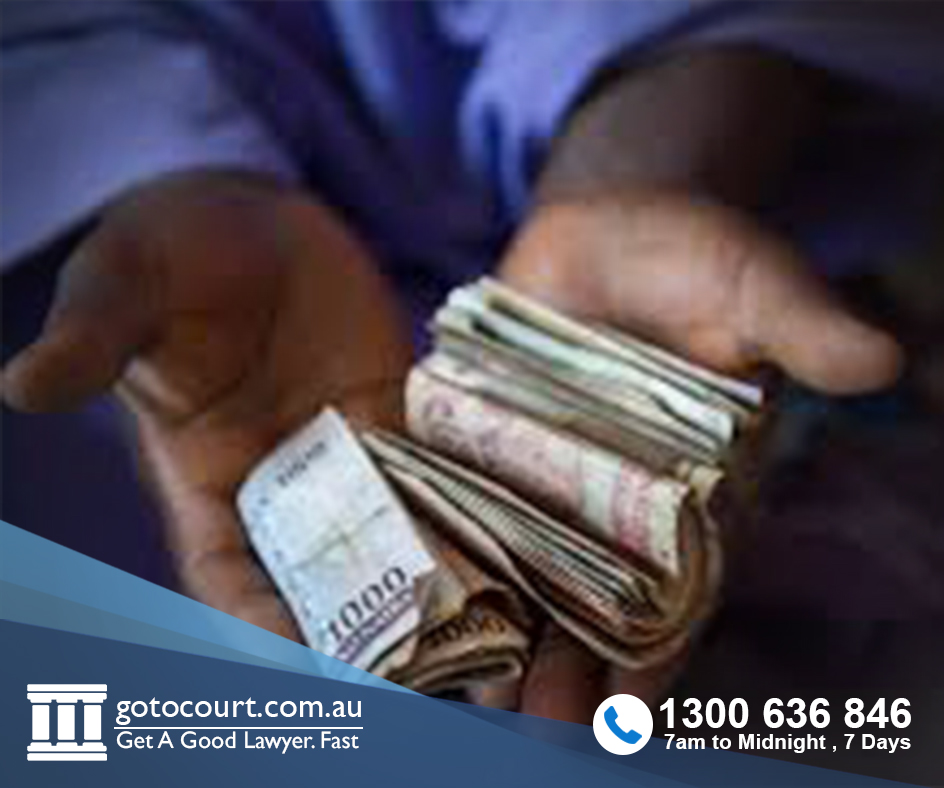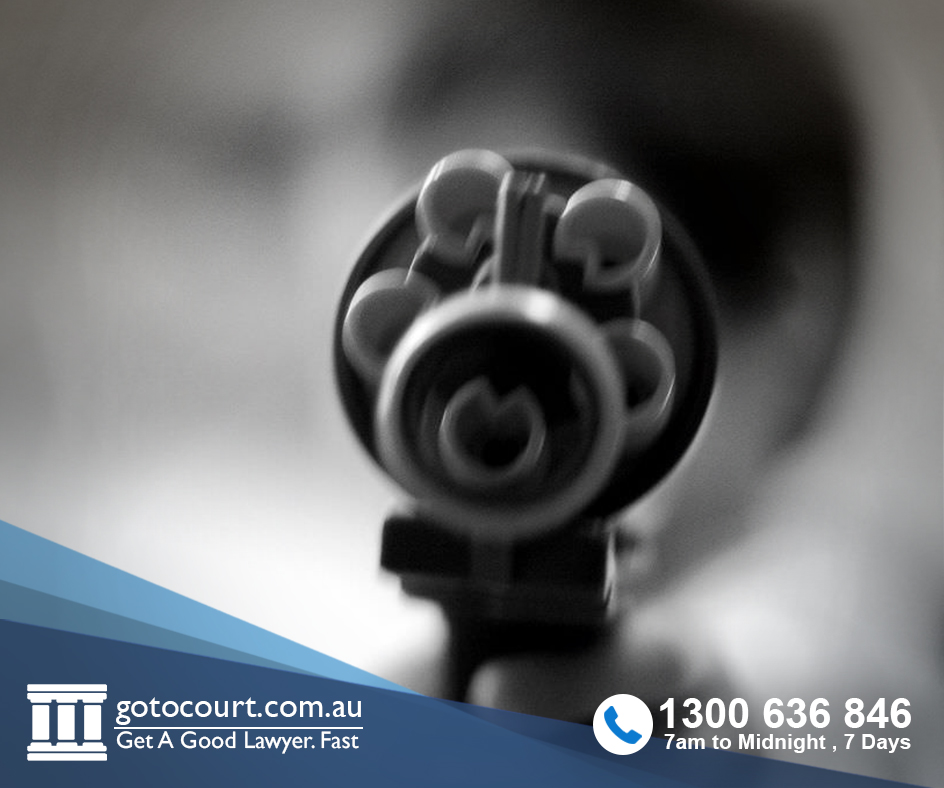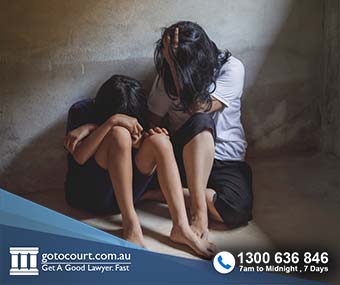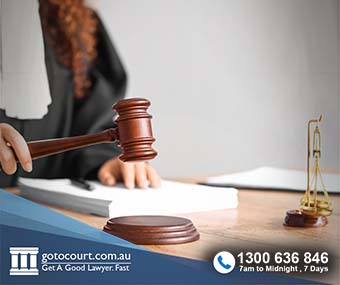Child Witnesses in Sex Abuse Cases (WA)
A child may become involved in the criminal justice system in a number of ways. Some of the most common ways this occurs are when a child discloses a current or historic incident of sexual or physical abuse, when a child is physically assaulted or robbed and when a child witnesses a crime or is told about a crime. All of these situations may lead to the child being required to give evidence in court. As the area of child witnesses is vast, the focus of this article will be on children who are alleged victims of child sex abuse.
Interviews
In cases of alleged child sex abuse, once a child has disclosed sexual abuse they will be asked to attend a Child First Interview and Assessment where they will be interviewed by specialist police called Child Abuse Interview Team (CAIT) and the Department of Child Protection.
This interview will be recorded, and this becomes the child’s Visual Record of Interview (VROI). This interview will be played in court if the matter goes to trial so that the child does not have to face their abuser. However, the child will still need to be cross-examined by defence lawyers. This is done in a Pre-Recording.
Pre-recordings
A Pre-Recording of the child’s cross-examination occurs prior to trial. The child witness will watch their VROI and the prosecution may ask the child a few questions. The defence team will then cross-examine the child witness and the whole recording will be played in court before the jury. The child does not need to attend court on the day of trial.
Sexual abuse of children is a serious offence and is dealt with by the District Court. All circuit courts and all District Courts are equipped with audio and video conference capabilities. There are nine remote witness rooms in the District Court Building, including three dedicated child witness rooms.
Cross-examining child witnesses
There are strict guidelines when cross-examining child witnesses. Some of these are set out below.
- The lawyer should address the child by the name they prefer. This will usually be their first name.
- Questions should be kept short and simple.
- A witness should be given an adequate opportunity to consider questions, formulate responses and then give an answer. This will generally be longer than is allowed for the average adult witness.
- Quickfire questions are to be avoided.
- As a general rule, a witness should not be interrupted unless it is necessary to ensure they respond to the question or to prevent the witness from giving inadmissible evidence. Children may require greater leeway in formulating a response to a question.
- Questions should not be asked in a way that is intimidating, annoying, insulting or sarcastic. Likewise, the volume of counsel’s voice should not be intimidating.
- The terminology used in questions should be appropriate to the child’s age or mental capacity.
- Legalese is to be avoided (expressions like, “I put it to you”, “my learned friend”, “His Honour”).
- A young child should not be accused of lying except where the defence case is that the child is deliberately telling lies. Rather, counsel should suggest the witness’ version is not correct or the child should be asked whether an alternative version is true.
- A child witness should not be subjected to unduly repetitive questioning.
- Counsel should not mix topics or switch between topics.
- Events should be dealt with in a logical and/or chronological sequence.
Ground rules hearings
In its final report, the 2017 Royal Commission into Institutional Responses to Child Sexual Abuse made recommendations relating to child witnesses. These included a recommendation that where a pre-recording of a child’s cross-examination is to be taken, this should be preceded by a ground rules hearing.
A ground rules hearing is a pre-trial procedure where the lawyers and judge review the child’s communication needs. Reports may be ordered from the Child Witness Service (CWS) or a qualified medical practitioner to address any difficulties that may be experienced during the taking of the evidence from the child. Ground rules hearings are now required to be held in all matters where a pre-recording will be taken from a child witness in a child sex matter.
During the ground rules hearing, the judge and counsel will discuss how the pre-recording should be conducted and the court may make directions relating to the pre-recording and questioning of the child witness.
This may include:
- directions permitting the child to have with him or her a special toy or comforter;
- directions about using of models, plans, body maps or similar aids to help communicate a question or an answer;
- directions about breaks;
- directions about the manner of questioning, including a word limit on questioning (depending on the age or intellectual capacity of the witness);
- directions about the duration of questioning;
- if necessary, directions about the questions that may or may not be asked;
- where there is more than one accused, which witness may be asked about which matters;
- limiting the extent of questioning about inconsistencies.
- limiting the extent to which the defence case may be put to the child (with appropriate directions to be given to the jury);
- a requirement that the proposed list of questions be submitted in advance of the pre-recording or trial.
The use of child witnesses in sexual abuse cases and the processes around this are complex and the utmost consideration must be given to children throughout the criminal justice process.
If you require legal advice or representation in a criminal law matter or in any other legal matter, please contact Go To Court Lawyers.

